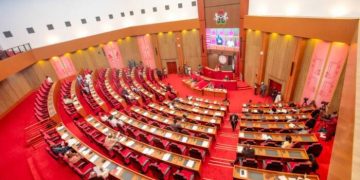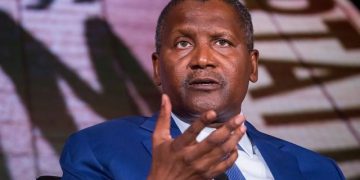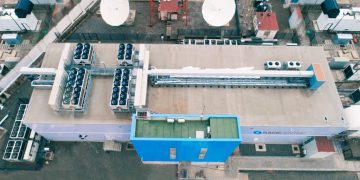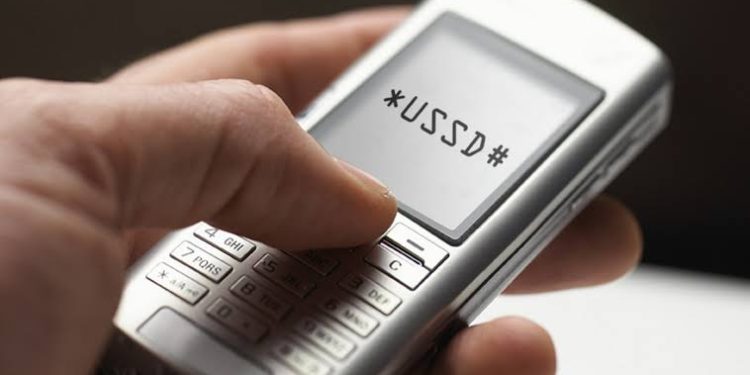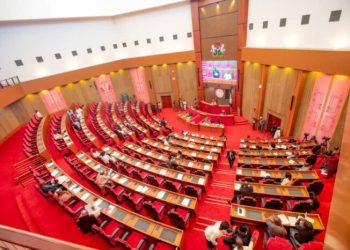Starting this June, Nigerian telcos will begin deducting USSD charges directly from your airtime, not your bank account.
Each USSD session will now cost ₦6.98 per 120 seconds. You’ll be asked to confirm before the charge is made. This new model ends years of conflict between telecom operators and banks over who should pay for USSD services.
This was first hinted at in messages from Sterling Bank and UBA. While the Nigerian Communications Commission (NCC) hasn’t made a full public announcement, sources say rollout will begin before the end of June.
Telcos have long argued that banks owe them billions for using their USSD infrastructure. At one point, total debt hit ₦250 billion. By early 2025, MTN had recovered ₦32 billion but was still owed ₦42 billion.
The original setup had banks collect fees from users and pay telcos. But that system lacked structure and created delays. Now, telcos will charge users directly, with consent prompts to avoid hidden charges.
This solves one big problem for telcos: they no longer need to chase banks for unpaid fees. Revenue will now come instantly from users’ airtime.
For users, it’s a mixed bag. You’ll need enough airtime before using USSD. That might be inconvenient for people who rely fully on bank apps and don’t usually load airtime.
Still, the new model adds transparency. It helps people see exactly what they’re paying and when. That clarity could build more trust in mobile banking services.
USSD remains vital, especially in rural areas where smartphone access is low. With clearer billing and fewer service interruptions, this change might actually help strengthen financial access.
There are still questions. Will users push back? Will banks lose control of customer touchpoints? Can this model survive Nigeria’s rising inflation?
But for now, telcos have taken control. As one NCC official put it, the new policy is being finalized and “will address long-standing industry challenges.”


